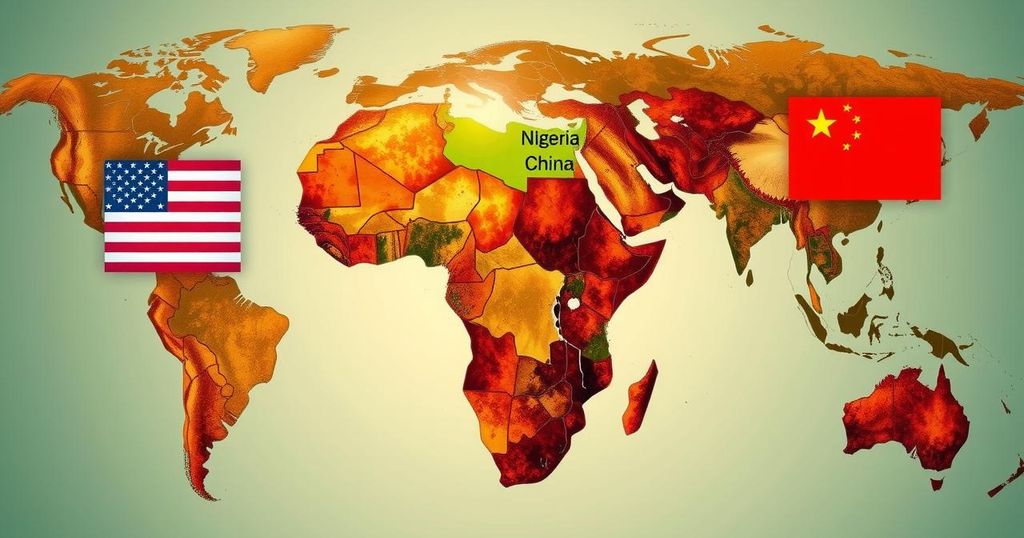Chadema, Tanzania’s main opposition party, has been barred from the upcoming general elections after refusing to sign an electoral code of conduct. This disqualification follows the arrest of its leader Tundu Lissu, charged with treason for advocating electoral reforms. The ruling Chama Cha Mapinduzi party has faced accusations of election manipulation and repression of opposition, raising concerns about the democratic process in Tanzania.
Tanzania’s main opposition party, Chadema, has been disqualified from the forthcoming general election after refusing to sign an electoral code of conduct required by the government. This decision was announced by Ramadhani Kailima, the director of elections at the Independent National Elections Commission (INEC), indicating that any party not signing the code by the set deadline would not be allowed to participate in elections for the next five years.
Chadema’s noncompliance stems from their insistence on electoral reforms, which they feel have been disregarded by the ruling party. Subsequently, Chadema’s secretary-general, John Mnyika, abstained from attending the INEC meeting to express the party’s dissatisfaction. The party’s protest coincided with the arrest of its leader, Tundu Lissu, who was charged with treason amidst calls for reforms during a recent rally.
Since assuming power, the Chama Cha Mapinduzi (CCM) party has maintained its authority in Tanzania since 1977. Recent allegations made by Chadema suggest that the ruling party manipulated local elections to secure victories, a claim they intend to contest in court. Chadema asserts that President Samia Suluhu Hassan has adopted repressive tactics reminiscent of her predecessor, John Magufuli.
Asserting the critical nature of the opposition, lawyer Rugemeleza Nshalla remarked upon Lissu’s arrest, suggesting it aimed to stifle dissent and silence critics of the electoral system. Lissu has previously warned that Chadema would face significant challenges if electoral reforms were not instituted, noting the longstanding disregard for their demands by the ruling party.
While President Hassan was initially lauded for reversing some authoritarian policies after her predecessor’s death, her administration is now facing criticism from rights groups and Western governments for alleged renewed repression against opposition members, including arrests and violent incidents surrounding opposition figures.
The disqualification of Chadema from the upcoming elections marks a significant political development in Tanzania, showcasing rising tensions between the ruling party and the opposition. Allegations of manipulated elections and calls for fundamental reforms continue to highlight the challenges in Tanzania’s political landscape. The situation exemplifies an ongoing struggle for democratic participation and the implications of repression against dissenting voices in the country.
Original Source: www.rfi.fr




